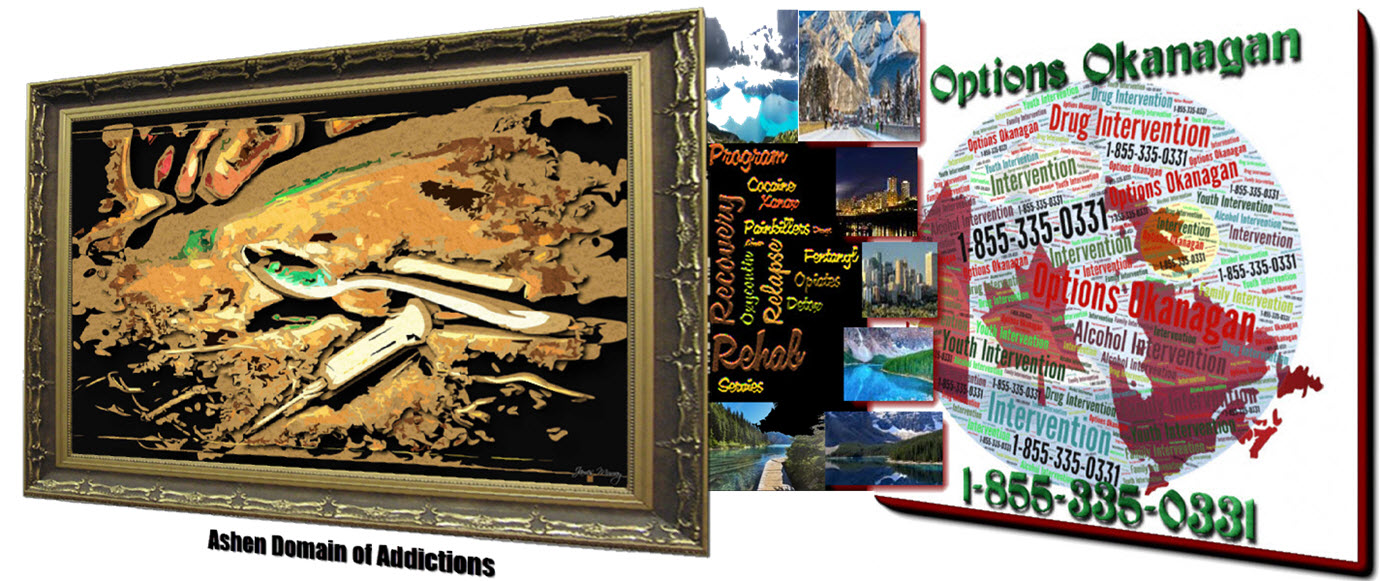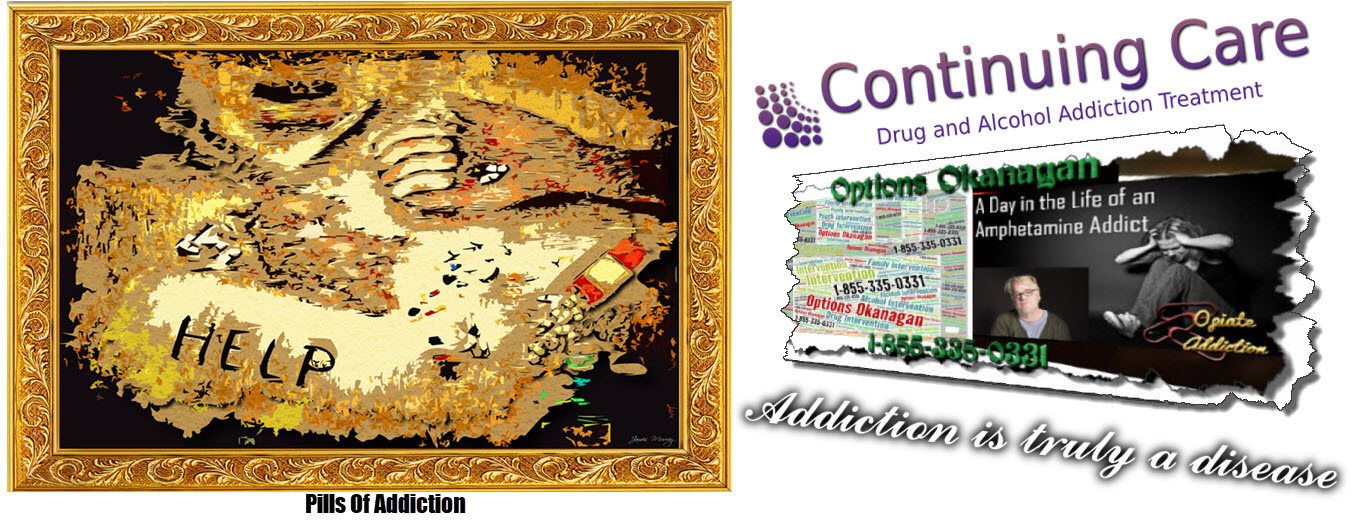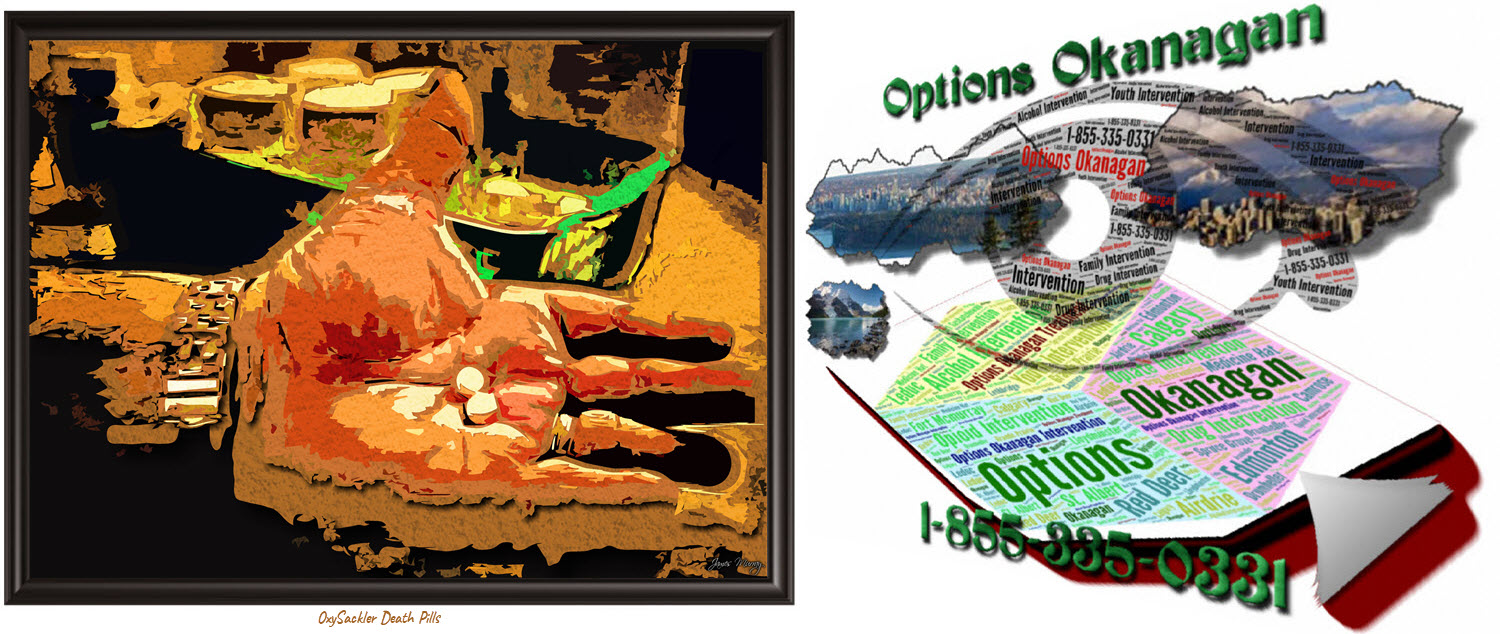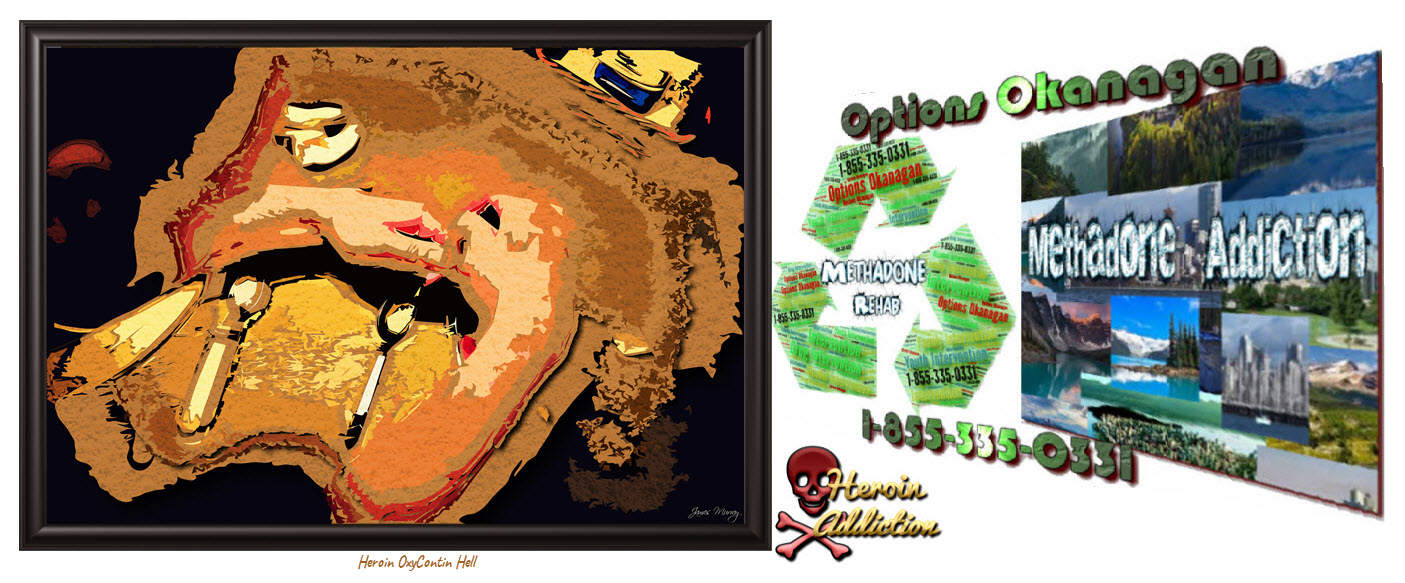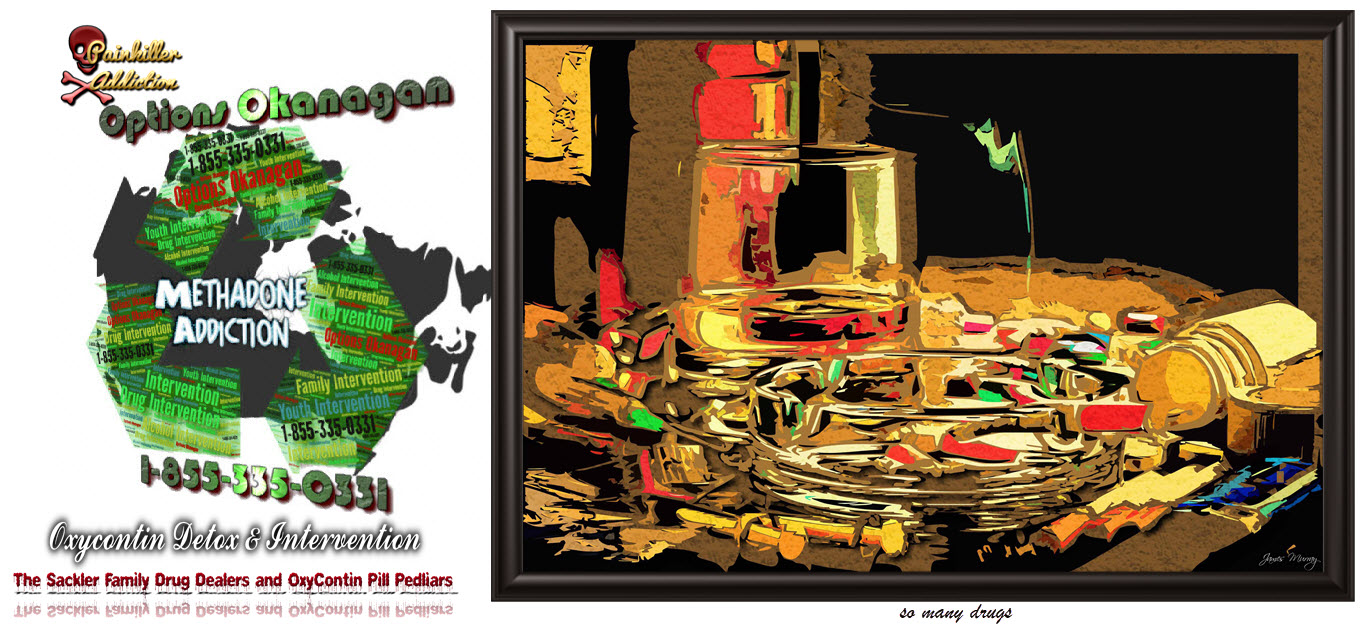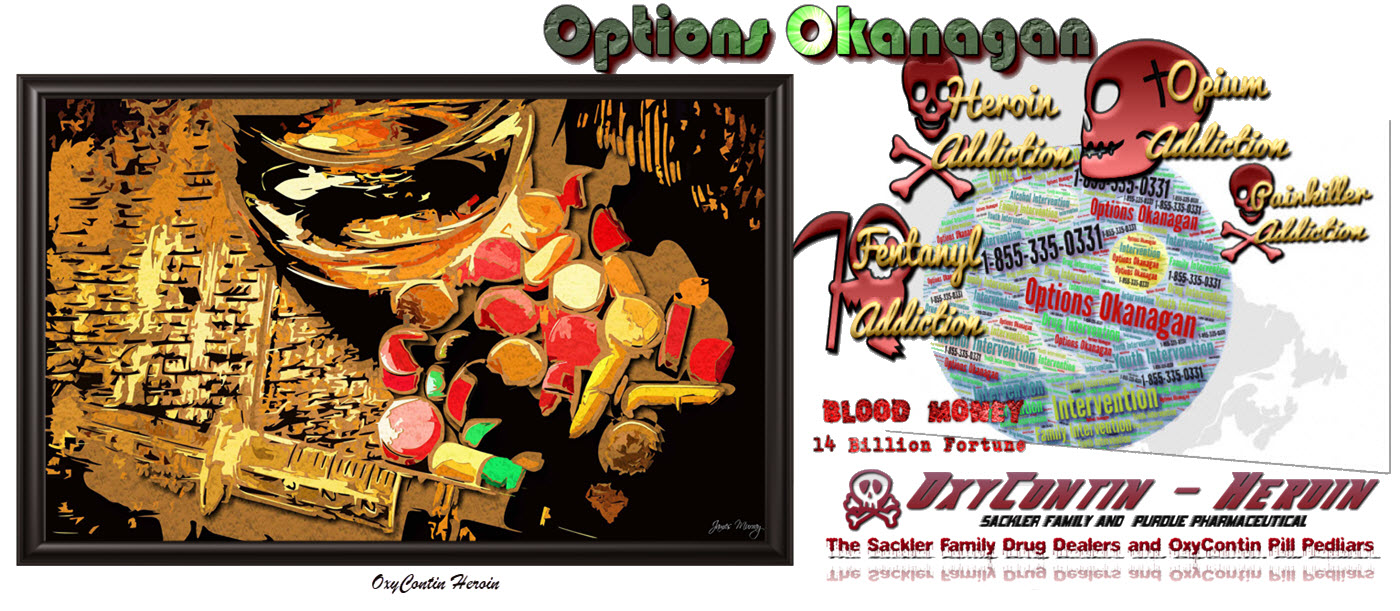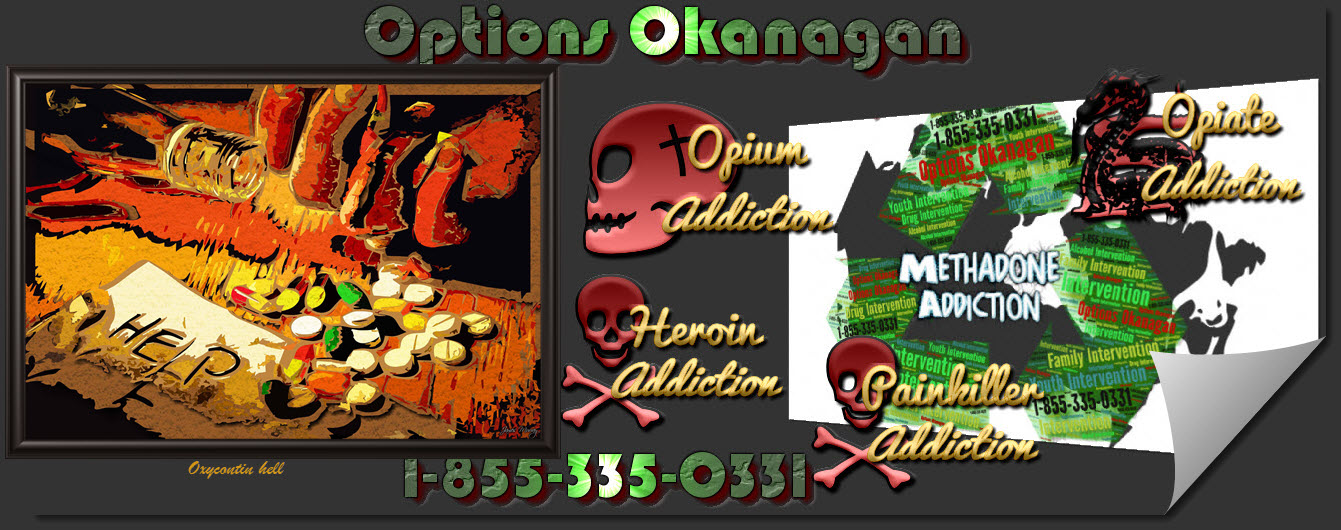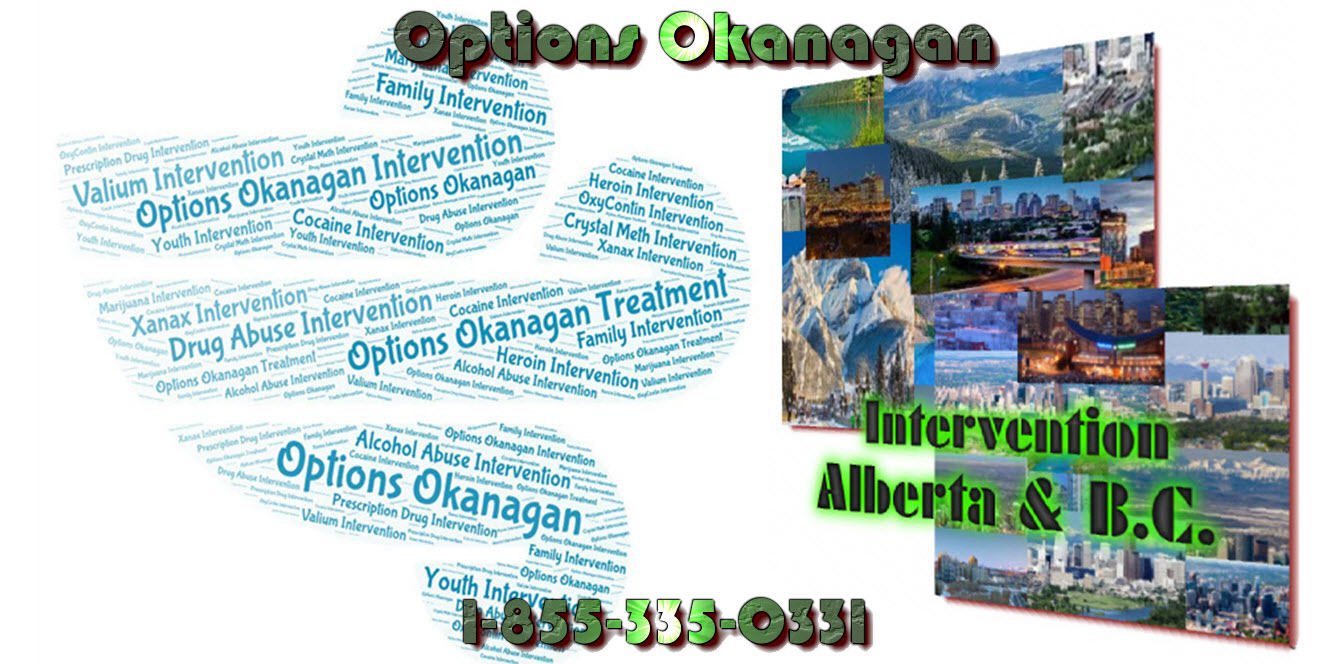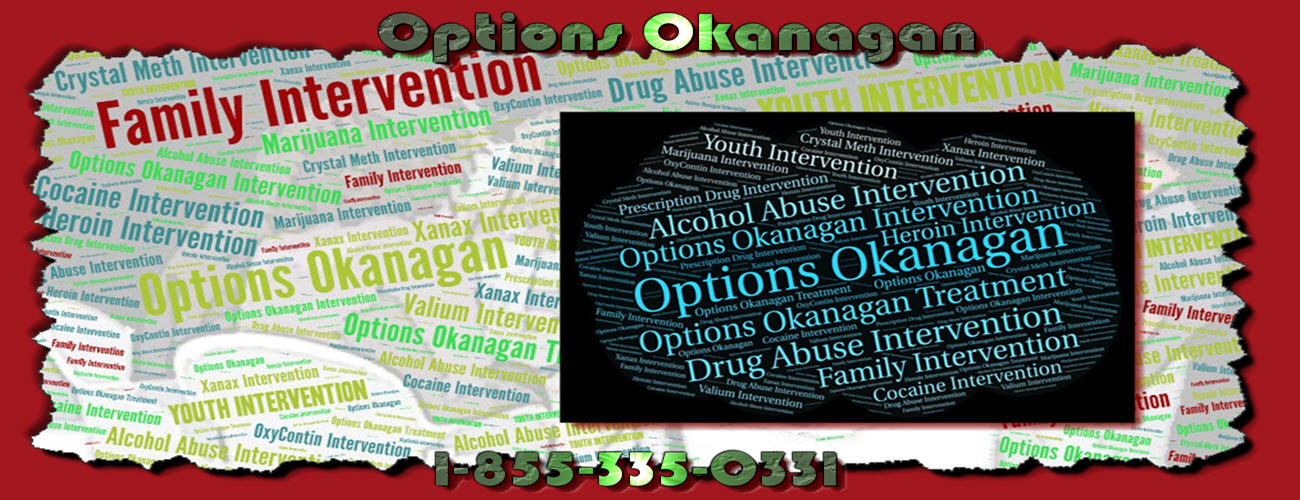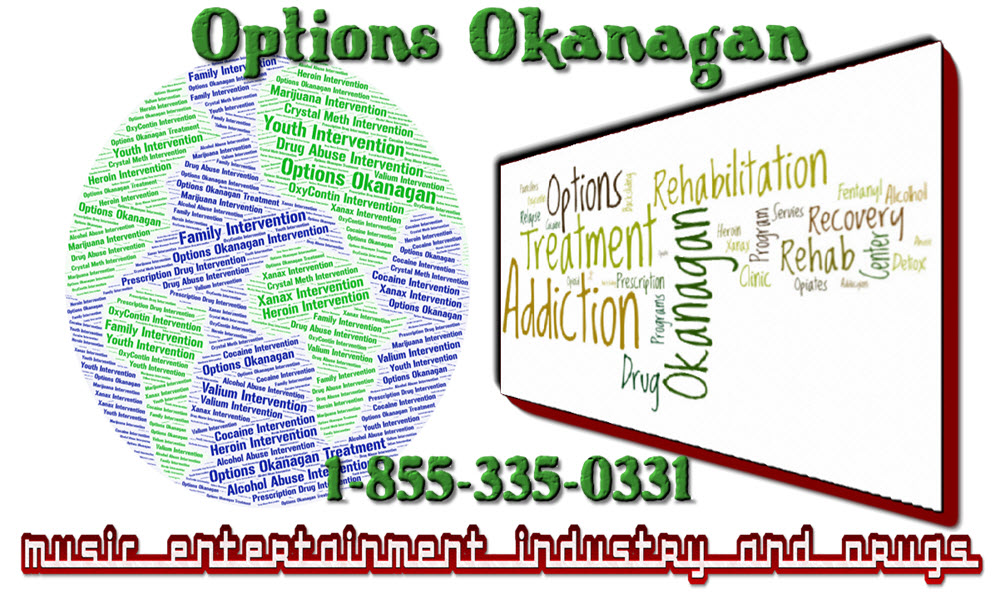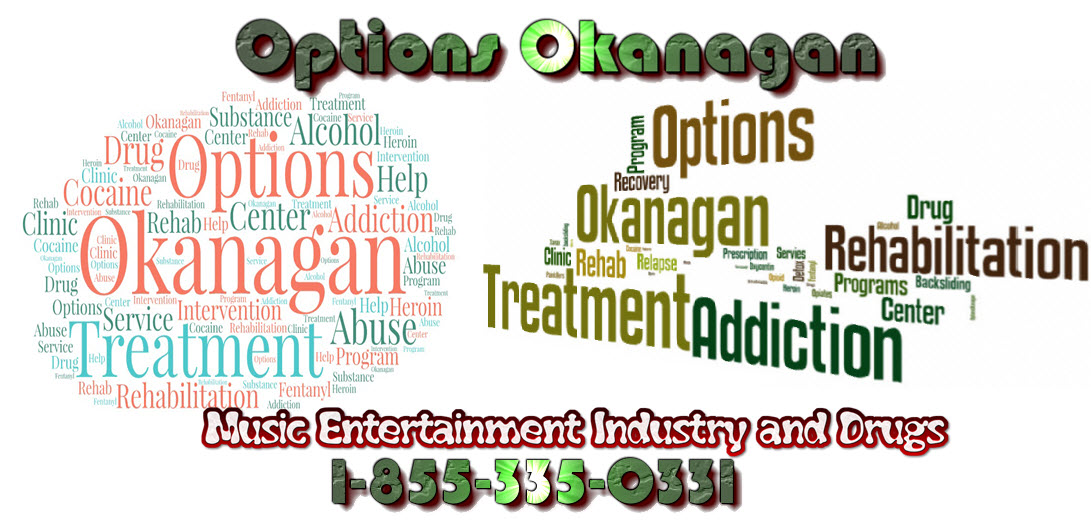Drug treatment programs in British Columbia and Alberta. Opiate and prescription drug interventions in British Columbia and Alberta – Options Treatment Center in Kelowna, British Columbia treating opioid, opiate, prescription drug, fentanyl, heroin, and alcohol addiction and recovery.
Opiate rehabilitation in British Columbia and Alberta
The medical health community needs to advocate for more personalized assessment, effective medical detoxification, and affordable psychological care. It’s time to change the way society sees and treats drug addicts. People are complex creatures and physiologically distinct. An individual’s physical condition is related to their social and emotional needs. Medical conditions like opiate disorders can be difficult to understand, which makes them a real challenge for many people. Studies show that while some individuals have a biological or genetic component that makes them more susceptible to substance abuse, others get caught up in this struggle due to behavioral and social factors. More often than not, however, it is a combination of various emotional, physical, and social elements that contribute to their relationship problems with opiates and other substances.
Although the causes of addiction have many variables, opiate addiction is a fundamental physiological condition that requires professional medical attention. Too many opiate rehabilitation programs rely on screening and treatment of archaic drugs that penalize patients for lifelong relapse and impotence. Sometimes some treatment efforts become so exhausting and ineffective that the patient becomes desperate and has to pay the final price. This conventional drug treatment method is not only associated with a high frequency of recurrence, but also cannot diagnose the existing psychological problems. Untreated psychiatric disorders often cause emotional distress that leads to drug addiction. Intense longing causes relapse, which can lead to feelings of failure, followed by hopelessness and sometimes an overdose.
Improve your understanding of drug, opiate, and alcohol addiction
There are social factors, emotional factors, and physical issues in dealing with addiction, especially opiates. Some individuals are more likely to develop addiction problems than others due to genetics or their family history. There is also a biological component that some individuals are addicted to. Apart from the physiological aspects, there are active emotional components involved in addiction such as relationships between chemical reactions in the brain and the desire to use drugs. Physical relief from stresses in life creates a sense of euphoria and happiness that requires heavy opiate use. Unfortunately, many individuals mistakenly believe that a person’s ability to properly recognize the wrong things should automatically counteract physical drug use. How can something that feels right go wrong?
The inability to stop using opiates is addictive. Once an individual realizes that they are addicted to an opiate, they feel ashamed and afraid. The next step is repeated attempts to deal with painful withdrawal symptoms. Eventually, the addicted person becomes tired, feels stuck, knows that they are now considered a drug addict, and believes that they have failed.
The key to effectively treating opiate use disorder is to provide patients with appropriate treatment options and treatments that reverse physical opiate addiction and reduce drug cravings. This approach should also include a personal emotional assessment. In addition, affordable and appropriate mental health services can help develop valuable life skills for dealing with anxiety, grief, and stress, all of which have been shown to be repeatable and reusable.
Patient failed in drug treatment program
For years, drug rehabilitation has convinced patients of a disease for which there is no cure. These programs focus on the symptoms of addiction and often don’t see the person. Instead, they try to keep their patients on their toes and are tempted to constantly remind them of their weaknesses. These treatment centers have the belief that “once an addict, always an addict,” that addiction is a chronic, incurable disease, and surrender is the only option. This treatment approach is counterproductive and can destroy self-esteem, leaving individuals feeling inadequate in a society with no hope of quitting an addiction.
The healthcare industry focuses on addiction rather than on patients than on individuals with special needs. Many individuals suffered terrible consequences. Many of those battling addiction did not survive this deadly condition, and their loved ones were forced to overcome the grief associated with the traumatic loss.
How can treatment centers improve the patient’s opioid treatment program?
Given the weaknesses of this dangerous approach, it is clear that immediate change is needed. There are currently medical treatment options that reverse physical dependence on opioids. Effective medical detoxification allows patients to reverse opiate addiction. Overcoming illness immediately can also prevent the devastating side effects of social and emotional addiction. Pharmacological therapy non-addictive therapy is also available to eliminate physical desires and painful withdrawal symptoms. The fact that patients are free of drugs and allowing them to be more productive in dealing with the underlying emotional conditions.
Counselors and therapists know that there are effective choices for treating drug addiction and that patients can continue their productive lives. It is possible to reverse opioid addiction, regulate chemical imbalances, and treat almost all types of mental illness. Why do so many drug rehabs still treat drug abuse disorders as lifelong conditions that can never be cured? Why do opioid addicts have to face battles, setbacks, and lifelong scars? Why are individuals told that their addiction is part of who and what they are and not the actual phase of life they are currently living in?
Unfortunately, too many treatment programs keep people on track to relapse and recovery, a recurring door for further treatment. The sad reality is that financial benefits increase with ongoing care rather than offering reliable and proven solutions.
Time is now for the healing process
Time to change the way everyone sees and treats drug addicts. The professional medical community needs to work towards more personal assessment, effective medical detoxification, and affordable psychological care. They also need to use all available social media resources to give people a better understanding of what addiction really is. Information and education will help eliminate the stigma and fear that makes many people seek help. With the availability of effective opiate care programs and the quality of mental health, the medical health community will be able to reverse the current opiate crisis that has plagued Canada, and the United States.
Options Okanagan Opiate and Alcohol Treatment Centers in Kelowna, Salmon Arm and Vancouver, British Columbia – Men and Women are recovering and healing from Alcohol and Drug Abuse at our treatment center here in the Okanagan right now.
Our unique and distinctive Opiate Drug and Alcohol treatment program allow men and women to come in from Calgary as well as Edmonton as we offer airport pickup.
Numerous clients come to us from Vancouver, Calgary, and Edmonton and other locations in Alberta and even other provinces for Opiate addiction treatment, heroin drug treatment, many other drugs, and alcohol addictions for rehabilitation because of the uniqueness of our treatment center.
Our (Kelowna) Alcohol and Drug Treatment Program Location:
(Not Mailing Address) – Contact Us – Web Page
For Mail Delivery :: Please contact each center for correct mailing addresses, also this location is the location of our residential treatment programs in Kelowna. Please call Toll Free 1-855-335-0331 – to contact the treatment center you are going to for the address and directions.
Options Okanagan Drug and Opiate Treatment Center
551 Sherrydale Crescent, Kelowna, British Columbia, V1V 2E6
Toll-Free Phone Number: 1-855-335-0331


